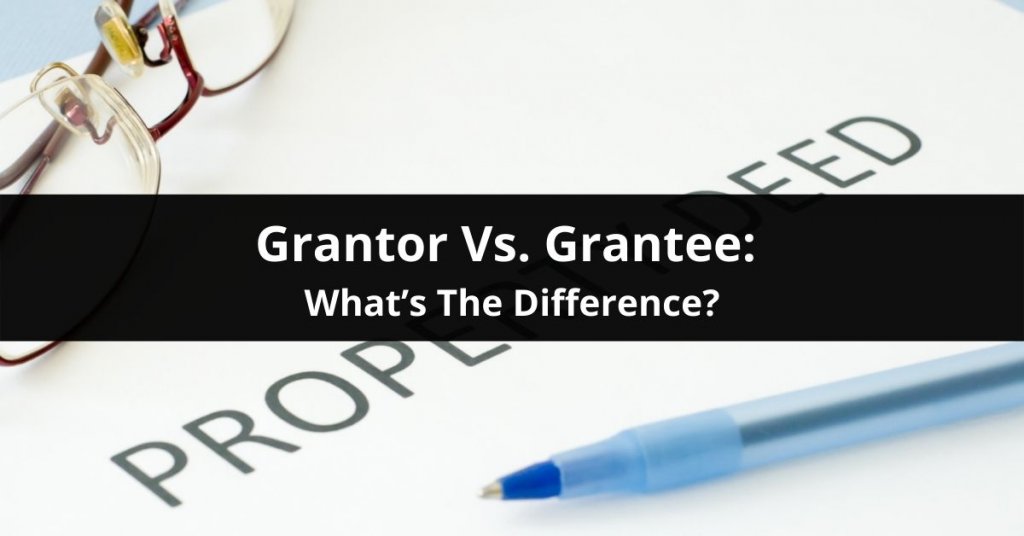When you’re approaching the closing table and the title search is complete, you’re going to see the deed to the property you are buying or selling. This is when you’ll come across the terms Grantor and Grantee.
Grantor and Grantee are legal terms for the people, companies or entities that are buying and selling a property. These terms have a legal meaning and must appear on the deed because a property deed is a legal document that records the transfer of a property from one party to another.
A grantor is the current property owner that is selling whereas the grantee is the buyer of the property. Grantors and grantees are typically individuals, but they can be groups or organizations like a developer that’s selling the land they’ve built multiple properties on to the company that will be selling, renting or leasing them. And there are different responsibilities when comparing a grantor vs. a grantee.
Here are the main differences between being a grantor vs. grantee:
| Grantor | Grantee | |
| Definition | Owner or seller | Buyer |
| Other names | First party, settlor, trustor and trustmaker, lessor, landlord, patron | Second party, recipient, beneficiary, legatee, devised, inheritor, the claimant |
| Property rights | Transfers property rights | Receives property rights |
| Deed | Signs at the bottom of the page | Usually made in the name of the grantee |
| Role | Makes clear in the deed what is being transferred | Receives the title and deed and verifies it was filed with the county (by checking with the clerk or calling the title company.) |
| Title insurance | Often pays on behalf of the grantee | Should purchase |
Both the grantor and grantee have responsibilities, and the most important one is to make sure all information is 100% correct.
Common mistakes include:
- The wrong property being listed
- Names are spelled incorrectly
- The grantor or grantee’s name is not used or included
- Or their legal name is not used
- Scrivener’s errors (typos, misspellings, omissions and accidental inclusions)
If an error is made by the attorney preparing the deed, the grantor or the grantee, then the transfer of the property will have issues including an improper “chain of title”. That is the record of the previous and new owner of the property. If there is an error in the chain of title, you could wind up with others making a legal claim to your property or have to go through the process of having the deed corrected. The good news is that an experienced attorney can do this with an affidavit (a legal document explaining the issue and resolution).
The specifics of every real estate transaction may vary, but one thing stays the same: the grantor transfers the ownership of a property to the grantee. Both grantor and grantees have their own roles they play in a real estate transaction, but the most important is to make sure that the deed is filled out correctly.

